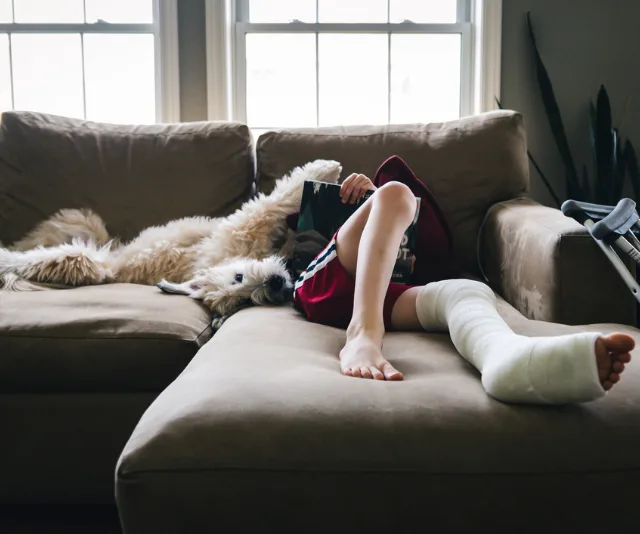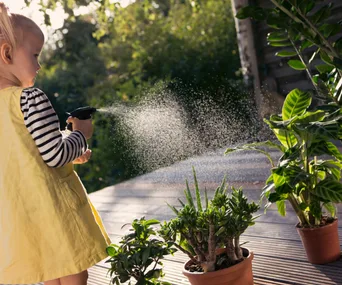For any parent, the number one concern for their children up until adulthood is the threat of injury.
Children face a lot of risk, purely because they’re going out confidently into the world but don’t know the risks themselves.
Surprisingly accidental injury is the leading cause of death of children in Australia – more than cancer, asthma and infectious diseases combined.

Robert Bryden has over 35 years of experience in compensation law.
(Image: Supplied)More than anything else, children are more likely to hurt themselves by falling. On average, falls account for 26,000 children injuries per year alone, ranging from tripping and falling to skateboarding accidents.
The physical damage done to Australian children is most likely to be a fracture with approximately 28,764 per year. Nearly half of all child injury hospitalisations are those aged between 11 to 16 years, which is equivalent to 28,121 children a year!
Compensation can be a lifeline to help a family obtain maximum assistance to rebuild and take control of their children’s lives. There are simple and effective ways to follow to ensure you have the best chance of winning compensation if your child is injured.
READ NEXT: Which child care seat has the best protection?

On average, falls account for 26,000 children injuries per year alone! Image: Getty.
(Image: Supplied)1. You and your children are entitled to rights
Legally, children have the right to safety as well as having access to properly managed and maintained public equipment and environment. If the injured child is under 18, the parent or guardian can make a personal injury claim on their behalf. Alternatively the child can wait until they’re of legal age at 18 and pursue the claim themselves.
2. Be aware of time limits
Act fast as soon as you or the legal guardian is aware of an issue. Advice is complimentary but it is best to be certain in this situation. Generally a limitation of three years apply in most accidents. “Discovery” is sometimes an option to extend the time limits. Consider contacting a legal expert for professional advice as sometimes there are opportunities to extend the limit.
WATCH: Taylor Swift pays a visit to sick children in Aussie hospital. Article continues after video …
3. Make sure to have documented details of the accident
Prior to proceeding with a compensation claim, ensure you have recorded accounts of the accident as they will prove whether it was avoidable or if the injuries were due to somebody else’s negligence. The details required include date and time of the accident occurred and where it happened.
Injuries can occur from a range of situations, whether it’s at a park, a dog attack, a faulty toy or product or accidents at school or childcare, even under the best intended supervision.
To increase the chances of winning, provide photographic evidence of the scene and/or your child’s injuries. Additionally it is beneficial for the case if you have contact details of any eyewitnesses from the accident.
If liability is contested or only partly accepted, it will be more difficult to reach a successful outcome.
4. Assess the severity of injury
Different claims can be made for compensation, depending on how severe the accident is. Claims can vary from past and future medical expenses to future loss of income to the need for additional care to the loss of mental or physical capacity and more.
There are particular situations which make an injury to be extremely serious and this will determine if a serious injury claim can be made on your child’s behalf.
It’s important to assess if your child’s development will be affected by their injury, whether or not they will live with a condition they didn’t previously have, if the injury has caused them to spend extended periods of time in hospital and if a guardian or parent needed to take an extended period of time off work.
5. Being a tutor
The role of the parent or legal guardian of someone under 18 years of age is to be their ‘tutor’. This means they are acting for someone who is not of legal age consent. As a tutor, together with your legal team, you will work to ensure the best outcome for the child.
Once a settlement is reached (usually out of court), the court then has to approve the settlement sum. The compensation is then generally paid to the NSW Trustee & Guardian or Private Trustee to hold in trust until your child turns 18.
Robert Bryden has helped over 32,000 Australians to take control after a serious setback – everything from personal injury in a public place to financial injury from a dodgy business deal. For more information, visit robertbrydenlawyers.com.au.

.png?resize=380%2C285)
